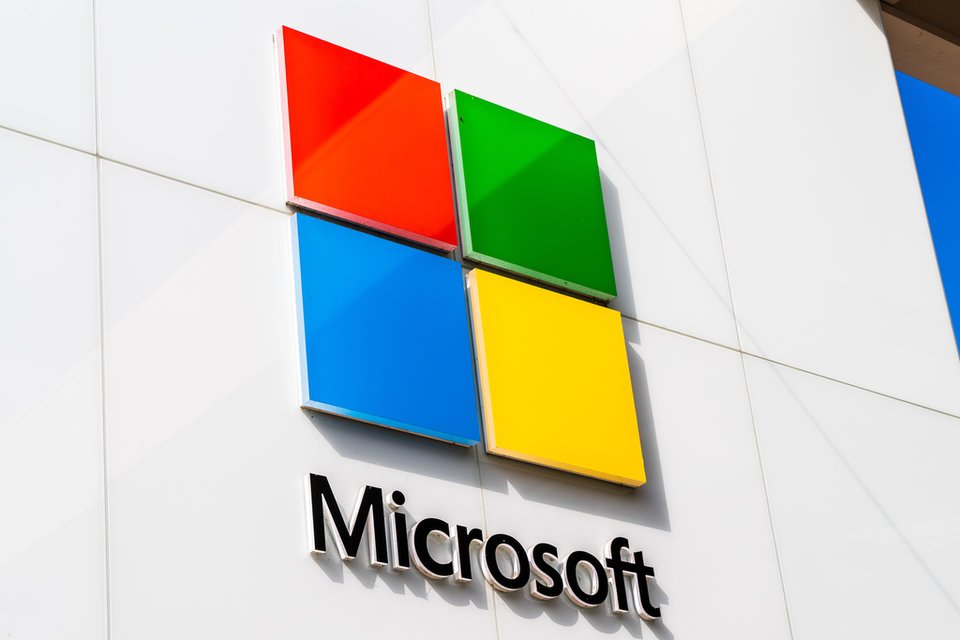
Healthcare AI drives Microsoft’s Nuance purchase
GlobalData predicted Nuance Communications would be an acquisition target in a report published on 15 January 2021 called 'M&A in TMT - 2020 Themes'.
Nearly three months later, Nuance has been acquired by Microsoft for $19.7bn, including debt. That makes Nuance Microsoft’s second-largest acquisition, after LinkedIn for $26bn in 2016.
Nuance is a specialist in conversational artificial intelligence (AI), used for speech recognition technologies, with a specific vertical focus on ambient clinical intelligence.
Voice will set to become the next big computing platform and it is likely, at some point, to replace keyboards and touchscreens. Acquiring Nuance will help give Microsoft a further competitive edge as companies look increasingly to automate many processes and to offer a broad range of collaborative tools to enterprise clients.
Nuance also offers a range of products and services for the healthcare sectors such as clinical documentation, radiologists, solutions for clinicians and care teams. It also offers intelligent customer engagement and security biometric solutions for various industries, with its primary focus on the healthcare industry.
Microsoft builds on its Nuance relationship
Microsoft’s decision to surrender the consumer segment and focus its efforts on integrating Cortana into its collaboration platform, Teams, looks increasingly shrewd, given the widespread shift to working from home caused by the Covid-19 pandemic.
The acquisition of XOXCO in 2018 further strengthened the chatbot development capabilities of its already-strong Azure Bot Service.
Last year, Nuance Dragon Ambient eXperience (DAX), an ambient clinical intelligence (ACI) solution, was integrated into Microsoft Teams.
The integration of the two companies’ offerings enables physicians to activate Nuance DAX from within their Microsoft Teams workflows, so they can focus on the patient while the AI securely captures the details of the virtual visit in context, creating clinical documentation that writes itself.
The reliability of both the companies on each other provides an unsurprising reason why Microsoft has decided to make Nuance part of its own business.
Covid-19 boosts demand for conversational platforms in healthcare
The virus has profoundly impacted firms across all industries and acted as a catalyst for increasing the adoption of AI-related technologies.
According to a recent GlobalData survey, 43% of respondents stated that AI had played a significant role in helping the company survive the pandemic, with a further 34% saying it had played a minor role.
Conversational platforms have become more important than ever following the dramatic increases in demand for remote support services.
The healthcare industry is often risk-averse in comparison to other sectors when adopting new technologies. However, due to the impact of Covid-19, this sector has witnessed an acceleration in digital transformation, which has led to improved efficiencies and enhanced patient outcomes.
The adoption of emerging technologies such as AI conversational platforms has been key to fighting the pandemic whilst also further motivating technology companies to focus on the opportunities for tech adoption in the healthcare industry.
This trend is expected to continue in the future, creating multiple opportunities for the healthcare, pharma and medical devices sectors.
Covid-19 has taken its toll on both healthcare providers and patients. Nuance’s conversational AI and EHR skills, combined with Microsoft’s cloud capabilities, will provide an enhanced clinical experience.
This new clinical experience is designed to take improve doctor and patient interactions and leads to enhanced patient care, increase the amount of time physicians spend caring for patients and ensure seamlessly coordinated and connected patient care.
M&A in conversational platforms is increasing
Where once AI was the exclusive domain of global technology powerhouses, the pool of acquirers has expanded. For example, In May 2019, Salesforce bought Bonobot, an Israeli conversational AI platform.
In September 2019, McDonald’s acquired voice tech company Apprente. In November 2019, Sonos bought Snips, a conversation AI company. In April 2020, Apple acquired Voysis, an Irish voice tech company.
It is not surprising to see another conversational AI giant, Nuance, being acquired. Nuance offers an independent voice platform that would appeal to any manufacturer or services company that did not want to be beholden to Amazon or Google.
Main image credit: Sundry Photography / Shutterstock.com
For more insight and data, visit GlobalData's Medical Intelligence Centre
COMMENT from